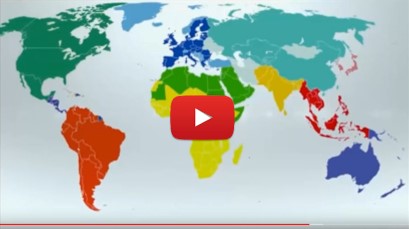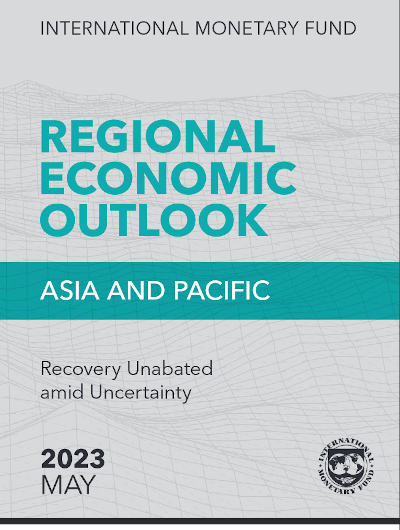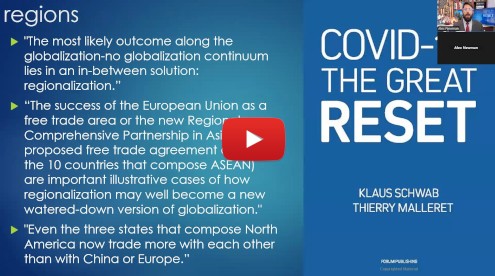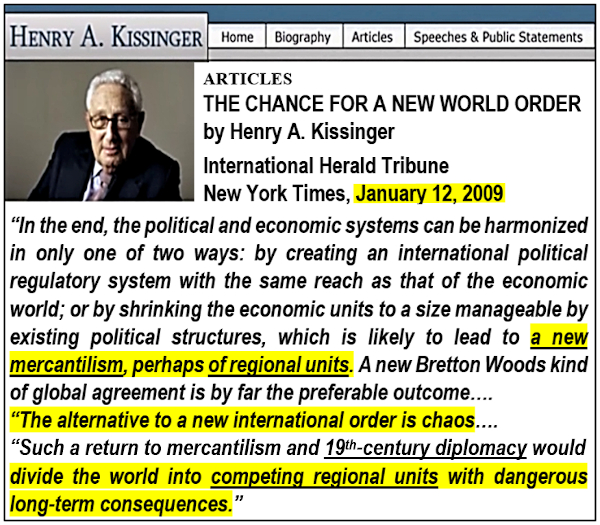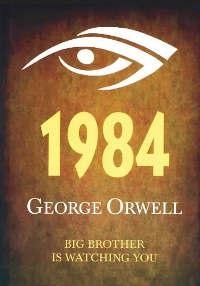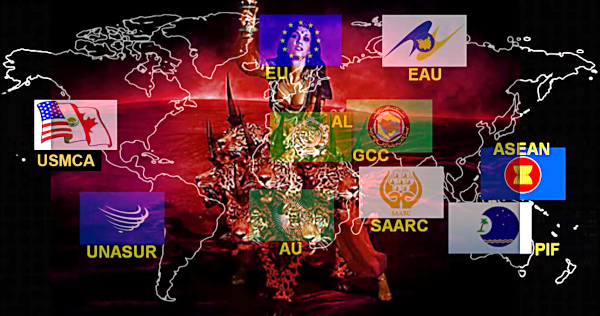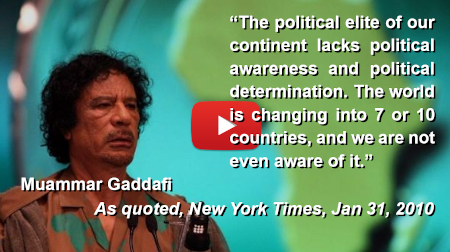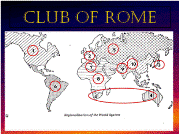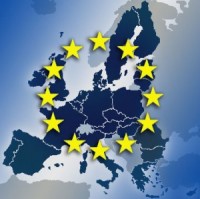Regionalization: the ‘end run around national sovereignty’
By Tim Porter, CircumspectNews.com
July 15, 2013
For more information on regionalization and “region-building,” view BLOC HEADS: Builders of the New World Order, a video entry finalist in the “Operation Paul Revere Infowars.com Contest.”
Today’s patriot movement owes a tremendous gratitude to the John Birch Society and its campaign, starting in the Cold War ’50s, to educate the American public to the evils of the New World Order. For the past 37 years, one of the stalwarts of that effort has been William F. Jasper, the prolific JBS writer-researcher-editor who has broken many revelations concerning the nefarious globalist conspiracy.
That’s why it’s perplexing that Jasper, in recent articles and in a July 11 interview with Alex Jones, has not taken the opportunity to fully explain U.S.-EU “free trade” negotiations in light of the most immediate threat to U.S. sovereignty: the “back door” alignment of all three North American countries’ trade rules through their respective “free trade” deals with the EU that will enable the deeper political integration of the North American continent itself.
As former secretary of state and globalist George P. Schultz exuberated in his July 11 Wall Street Journal op-ed, The North American Global Powerhouse, “The three Nafta countries….have among them free-trade agreements with 50 other countries and there is massive overlap among them. The U.S. is now engaged in negotiations for a free-trade agreement with Europe. Mexico already has such an agreement, and Canada is close to one.” Schultz cited this as evidence that since NAFTA, North American integration “has proceeded at a sharp pace.”
The effect of these overlapping free trade agreements was further revealed by the globalist ambassador of Mexico to the U.S., Arturo Sarukhánin, in his remarks at the “NAFTA 20” anniversary conference in San Antonio last November. Commenting on a similar multinational free trade agreement for the Pacific region, the Trans-Pacific Partnership (TPP), Sarukhánin explained:
“I don’t think there’s the political willingness, at least in Canada and in the United States today to go down the route of deepening NAFTA. The beauty of TPP is that it allows us to do this through the back door. Why? Because by having Mexico, Canada, and the United States join the TPP negotiations, it will bring us up from the bootstraps….It modernizes NAFTA….In many ways NAFTA was a 1.0 free trade agreement; TPP is a 3.0 free trade agreement.” (See all of Sarukhánin’s speech here, starting at 33:23)
‘Regional units’
Jasper’s warning that the US-EU agreement will hasten “global government” is a valid one, but it seems he has recently been diverted a bit by an old tactic employed by the globalists, the Hegelian dialectic. Indeed, “world-government” talk has been used by globalists as the Hegelian dialectic’s “antithesis” (a extreme opposite) to the nation-state “thesis” (the supposed current reality) when confusing and diverting attention from the desired “synthesis,” the immediate goal of a regional geopolitical structure.
Such was the tactic of Henry Kissinger, in his January 12, 2009 New York Times op-ed “The Chance for a New World Order.” Kissinger, Secretary of State in the Nixon and Ford administrations, wrote that the then-new Obama administration would represent a “unique opportunity” to transform the 2008 economic crisis into a “vision of hope” by spearheading the development of a grandiose “international political regulatory system” (i.e., governance by global regulation of national policies and economies), a de facto world government. But “if protectionism grows….Such a return to mercantilism and 19th-century diplomacy would divide the world into competing regional units with dangerous long-term consequences.” Aw, shucks, says Henry, feigning regret. The world would then have to settle for – not a return to nation-states, mind you, but the emergence of competing regional units – the incremental “synthesis” objective that had been planned all along, and for which the infrastructure is currently being built (complete with Kissinger’s 1984-like “mercantilist” created-crisis scenario). Two steps forward for globalism, one back.
Over the years, Jasper has examined several other infamous quotations that foretold the globalists’ current Hegelian tactic. One was from former National Security Adviser Zbigniew Brzezinski’s speech at the1995 State of the World Forum that Jasper himself covered. Brzezinski divulged:
We cannot leap into world government in one quick step…. The precondition for eventual globalization – genuine globalization – is progressive regionalization, because thereby we move toward larger, more stable, more cooperative union.
‘We are the flank’
Another quote often cited by Jasper comes from Richard N. Gardner’s article in the April 1974 Council on Foreign Relations journal, Foreign Affairs, entitled, “The Hard Road to World Order”:
The hope for the foreseeable future lies, not in building up a few ambitious central institutions of universal membership and general jurisdiction [i.e., the United Nations and “global government”] as was envisaged at the end of the last war [World War II], but rather in the much more decentralized, disorderly and pragmatic process of inventing or adapting institutions of limited jurisdiction and selected membership [i.e., the very “regional units” referred to by Kissinger]…. In short, the “house of world order” will have to be built from the bottom up rather than from the top down. It will look like a great “booming, buzzing confusion,” to use William James’ famous description of reality, but an end run around national sovereignty, eroding it piece by piece, will accomplish much more than the old-fashioned frontal assault.
In May of 2001, Jasper summed up Gardner’s quote with this statement: Thus the great booming, buzzing confusion we witnessed in Quebec – as in Seattle, Washington, D.C., Prague, Nice, etc. – is a smoke screen to mask the real agenda and the real handlers behind this “bottom up” construction of “world order” through regional blocs.
However, in recent days Jasper has diverted to talk of “global government” without explaining the role of the regions. If defenders of national sovereignty follow Jasper’s lead and are too quick to concentrate their defenses toward a perceived new frontal assault for “one-world government,” they will not be prepared to adequately defend against the still-ongoing “end run” of regionalization, as exhibited by the current Obama-Harper “Beyond the Border Action Plan” for North America, the “comprehensive immigration reform” initiative, the latest “Dream Act” education proposals and the EU-TPP “back doors,” all of which are common objectives within the world’s geopolitical regions.
The 1993 movie, Gettysburg, portrayed some of Colonel Joshua Lawrence Chamberlain’s men on the Union’s left flank as assuming the next stage of their Day 2 battle would see a frontal assault by the Confederates. Colonel Chamberlain (Jeff Daniels) pointed out to his men that the South did not yet have conditions favorable for such an assault.
Likewise, today’s globalist attack still requires an “end run around national sovereignty” to further establish regional units that supersede the nation-states. Yes, a one-world government is the globalists’ long-range plan, and global governance and oversight will be the result of the numerous overlapping trade agreements, but the nuts-and-bolts administration of this New World Order is still designed to be accomplished incrementally within regional jurisdictions.
Here they come again – prepare to charge.



